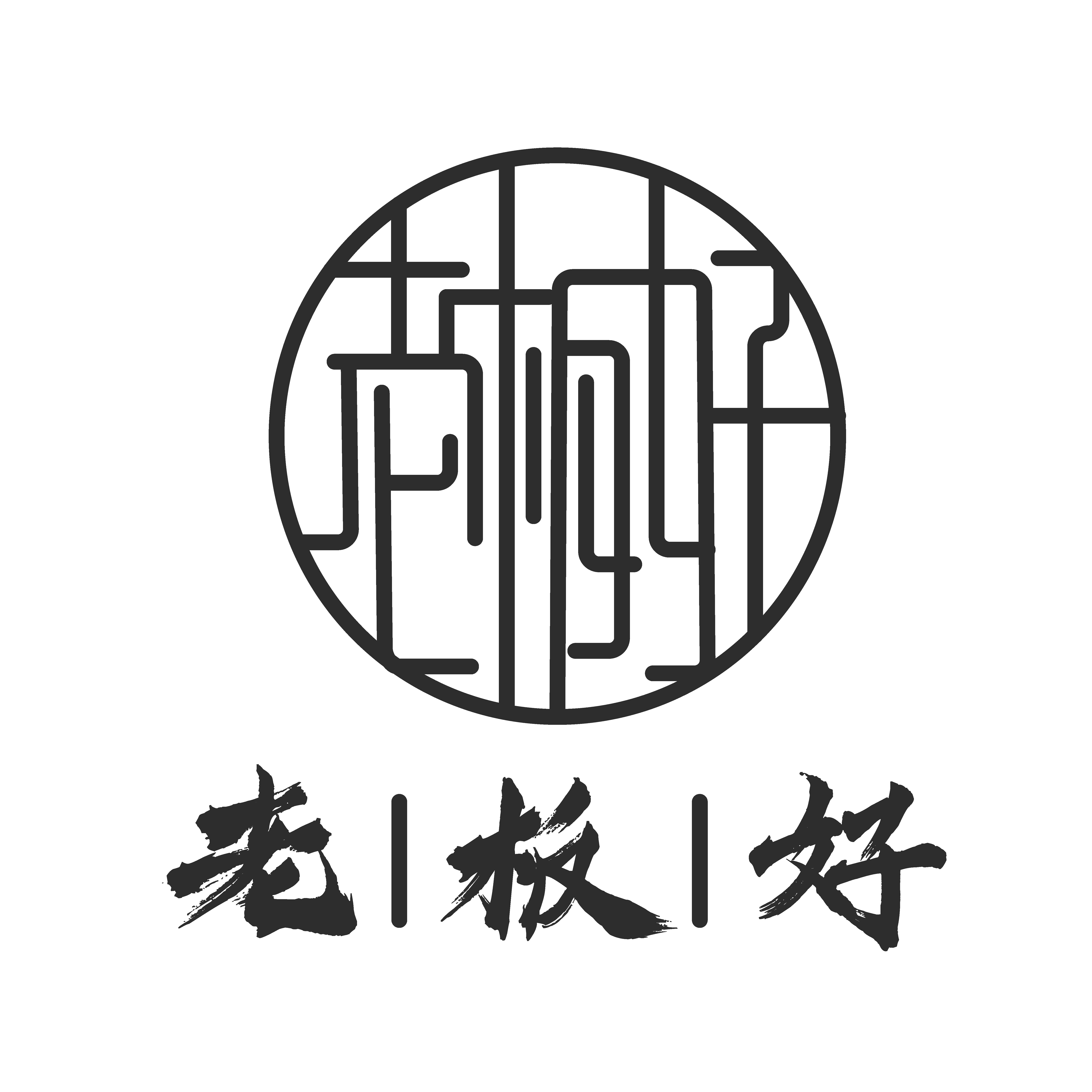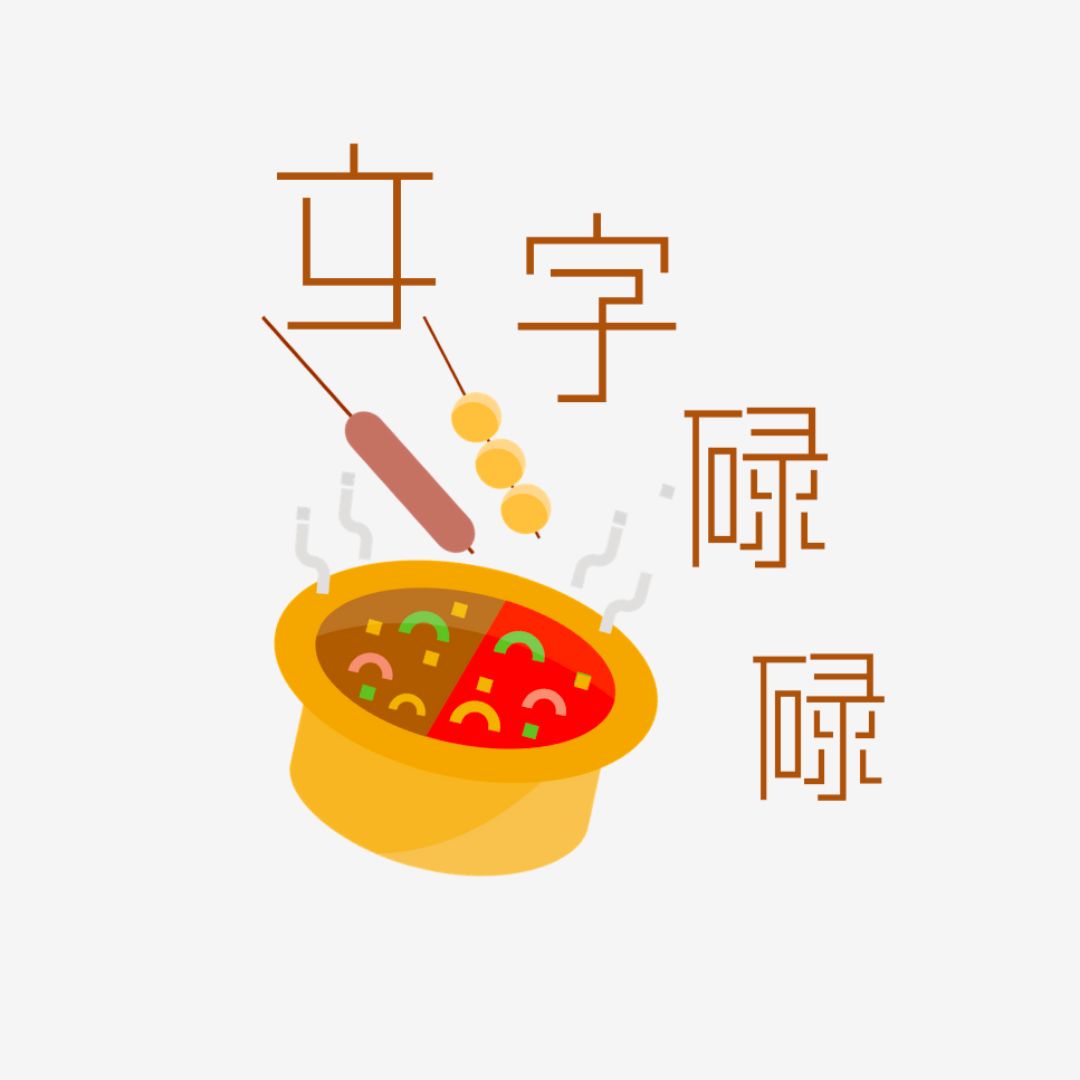The uncomfortable truth about racism and global cooperation
2 天前
By Ahmad Ibrahim
The smoke over Gaza, the frozen trenches in Ukraine, the simmering tensions fracturing democracies – these are not isolated tragedies. They are symptoms of a deep and increasingly virulent disease: racism.
It now rivals climate change as a global threat, a chilling recognition of reality. Climate change imperils our physical world. Racism, unchecked, destroys the very fabric of human cooperation necessary to save it. It is the ultimate self-sabotage, a poison in the well of collective survival.
The assertion that racism fuels these conflicts is not mere rhetoric.
In Gaza, decades of occupation are underpinned by ideologies that systematically dehumanise Palestinians. This dehumanisation provides the psychological fuel for indiscriminate violence. It also provides the political justification for collective punishment.
In Ukraine, it is also not much different. Racism isn’t just about skin colour. It’s about constructing hierarchies of human worth based on ethnicity, nationality, religion or caste. It’s about wielding power to enforce them.
It is, indeed, a pandemic – one that has infected human societies for millennia. But its current mutations are lethally potent in our interconnected, weaponised world.
Climate cooperation destroyedClimate change demands unprecedented global cooperation – sharing technology, financing adaptation and accepting shared sacrifice. Racism actively destroys the trust and solidarity required for this.
Why should nations, currently marginalised, trust dominant powers to lead a just transition? Why should populations grappling with racial injustice at home prioritise a global crisis when their basic dignity is denied?
Racism doesn’t just cause conflicts – it makes existing ones infinitely more brutal and intractable. It justifies atrocities, entrenches divisions and makes reconciliation seem impossible.
When the ‘other’ is seen as fundamentally inferior or threatening, compromise becomes weakness. Violence becomes righteous. It transforms political disputes into existential, zero-sum struggles.
Moral foundations crumblingRacism corrodes the ethical foundations necessary for a functioning global society. It normalises hypocrisy – championing human rights while denying them based on origin. It erodes the rule of law when justice is applied selectively.
This moral decay undermines every international institution and norm we rely on for stability.
Finding the cureWe need more than plasters – we need systemic interventions to build immunity and eradicate the pathogen.
Where can the cure begin? Nations and communities must confront their racial histories with honesty. This isn’t about guilt, but about understanding.
It is about reparative justice – not just financial, but cultural and institutional. And the integration of unvarnished history into education is essential.
America’s evasion of its foundational sins of slavery and indigenous genocide shows the cost of denial.
Systemic change requiredRacism is encoded in laws, economic structures, policing, housing and healthcare. Fighting it requires concerted policy dismantlement and reconstruction.
This means robust enforcement, independent oversight and severe penalties for systemic violations. Also mandatory, transparent assessments of racial impact in all major legislation, budgeting and institutional practices.
It should include targeted investment in historically marginalised communities – education, healthcare, infrastructure, business capital – to address centuries of deliberate disinvestment.
Global solutions neededRacism is a transnational force. Fighting it requires transnational solutions.
We must empower bodies like the UN Committee on the Elimination of Racial Discrimination with sharper investigative teeth and enforcement mechanisms. We should make crimes against humanity driven by racial hatred a universal priority for prosecution.
We need to develop frameworks for targeted sanctions against leaders and institutions actively perpetuating systemic racial oppression. We must support and amplify anti-racist movements across borders, sharing strategies and resources whilst applying diplomatic pressure.
Leadership that countsWe desperately need leaders who don’t just avoid racism, but actively rise above it and dismantle it.
This means leaders who name racism clearly, even when it’s politically uncomfortable. It means actively building governments, judiciaries and corporate boards that reflect the diversity of their populations – not as tokens, but as essential voices shaping policy.
Leaders in dominant groups must hold their own institutions and communities accountable. They must not just point fingers elsewhere.
No quick fixEradicating racism demands a generational commitment, immense courage, and a fundamental reimagining of power and belonging.
It requires moving beyond the comfortable myth of incremental progress. We must confront the malignant structures head-on.
Ignoring this malignancy, while focusing solely on climate or economics, is like trying to build a fireproof house whilst ignoring the arsonist living inside.
Racism is the firestarter in the tinderbox of our global challenges. Until we treat it with the urgency and radical commitment it demands – pursuing truth, justice, systemic change and courageous leadership – our efforts to solve any other global crisis will remain fractured, fragile and ultimately futile.
The path out of this malaise is arduous, but it is the only path towards a future where humanity survives, and perhaps even thrives, together.
Malaysia is no exception.
Prof Dato Ahmad Ibrahim is affiliated with the Tan Sri Omar Centre for STI Policy Studies at UCSI University. He is also an associate fellow at the Ungku Aziz Centre for Development Studies, University of Malaya.
...Read the fullstory
It's better on the More. News app
✅ It’s fast
✅ It’s easy to use
✅ It’s free









